CINEMATOGRAPHY
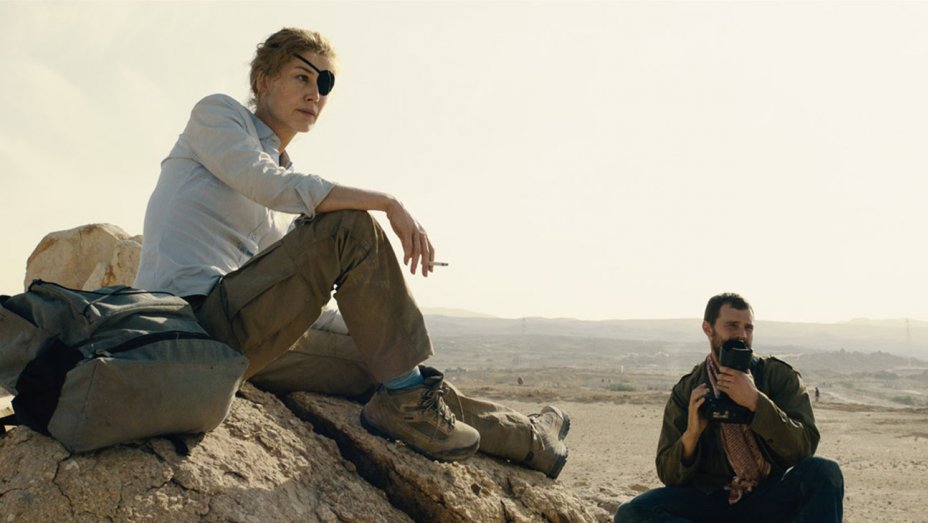
Notable Snubs: First Man and Black Panther were expected to show up. If Beale Street Could Talk was beautifully shot, and The Rider’s cinematography was so good that it was in the conversation despite getting almost no publicity.
Worst Snub: Documentaries deserve more attention in this category. Last year, Ai Weiwei’s Human Flow was left out, and this year Free Solo should’ve been a contender. First Reformed also featured stunningly beautiful shots. But even more deserving was A Private War which successfully combined fiction and non-fiction film aesthetics to tell a story about the need to bear witness.
The film was lensed by Robert Richardson, who has shot some of the most memorable work by Stone, Tarentino, and Scorcese. It was directed by Mathew Heineman, who has done his own camerawork in the past, even shooting (or rather filming) in the middle of literal shootouts. Both Heineman and Richardson made films about war journalism before, and their combined efforts do justice to a story about one of this generation’s most seminal war reporters.
EDITING

Notable Snubs: Considering their best picture status, it’s shocking that Roma and A Star Is Born didn’t get in. Widows was also thought to have a fighting chance here.
Worst Snub: This is a category where high-octane films that aren’t necessarily Oscar material can get nominated (Baby Driver) or even win (The Bourne Ultimatum). Mission Impossible: Fallout almost immediately entered the pantheon of the great action movies of all time, and its editing was a crucial component. This category is usually stacked with best picture nominees, but ignoring the most audacious and acclaimed entry in what is arguably the best action franchise today was a grave and shameful oversight.
VISUAL EFFECTS
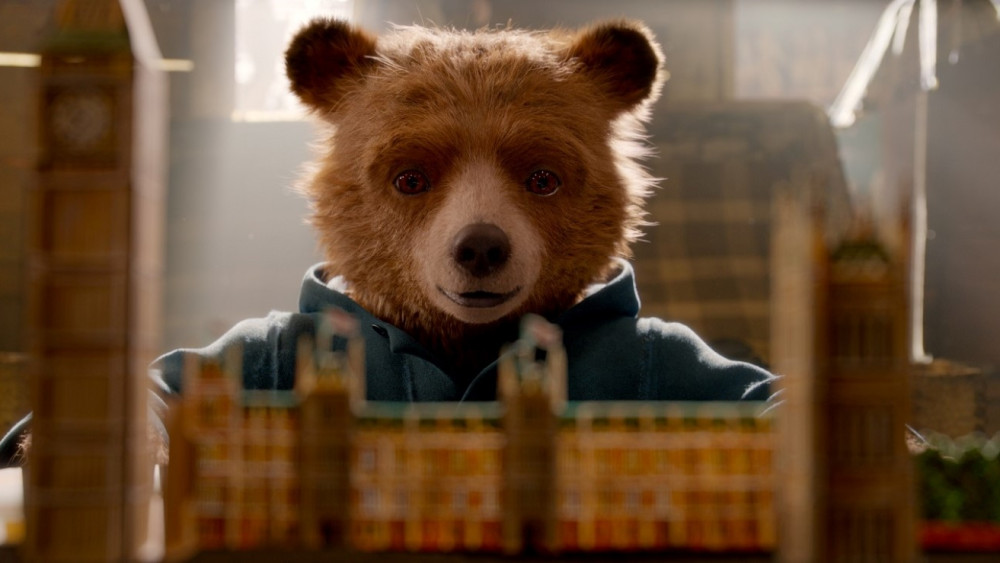
Notable Snubs: Black Panther’s omission was a shock given its best picture contention, though those metallic rhinos didn’t help. Aquaman’s snub generated some outrage, and ignoring Mission Impossible: Fallout’s landmark stunts is a reminder that as this category becomes more CGI-dominated, stunt work deserves its own category.
Worst Snub: This one goes to the bears. Annihilation had some truly jaw-dropping visuals and haunting effects, particularly Homerton the screaming bear (see sound mixing), but Paddington 2 takes the title of worst snub.
Special effects have long been used to sell tickets without bothering with plot or character, and developments in CGI have made it even easier to rely on effects to get butts in seats. Still, every couple of years, a film like Paddington 2 comes out that reminds us that CGI doesn’t have to signal meaningless cash grabs. Paddington 2 used CGI for its central character and created one of the most endearing cinematic experiences of the year.
Christopher Robin got nominated for a similar feat, but whereas that film failed to ignite critics or audiences, the VFX behind Paddington made the bear into a living, breathing, stumbling, marmalade-eating joy of a character.
DOCUMENTARY
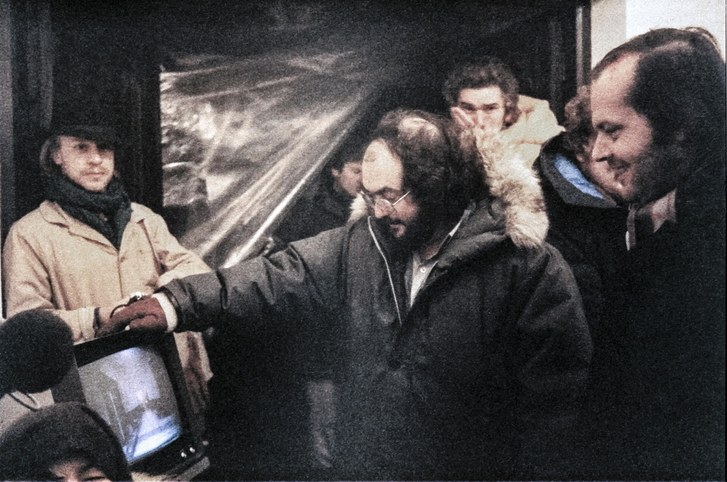
Notable Snubs: This category loves financial successes and films that feature twists, so box office hit Won’t You Be My Neighbor’s snub was a shock. Less shocking, but still surprising, was the omission of puzzle box memoir Shirkers. The snub of financially successful puzzle box Three Identical Strangers was doubly shocking.
Worst Snub: Filmworker. It didn’t have the buzz of the choicer docs of the year, and it lacked some crucial elements. Films in this category tend to be either socially relevant (and tragic) or about famous people, and Filmworker is a bit of both. It’s the story of Leon Vitali, an aspiring actor who gave up a promising career to be Stanley Kubrick’s assistant and whose achievements have gone unsung for too long.
That makes it a minorly tragic story about a minorly famous person, but it’s also an incredibly well-made film that is inspiring in its own way in that it comments on how craft and dedication become their own form of spirituality. A nomination would’ve been a long-overdue honour for Vitali as well as for all the faceless, nameless artists and craftspeople who make the films that the Oscars honour.
FOREIGN
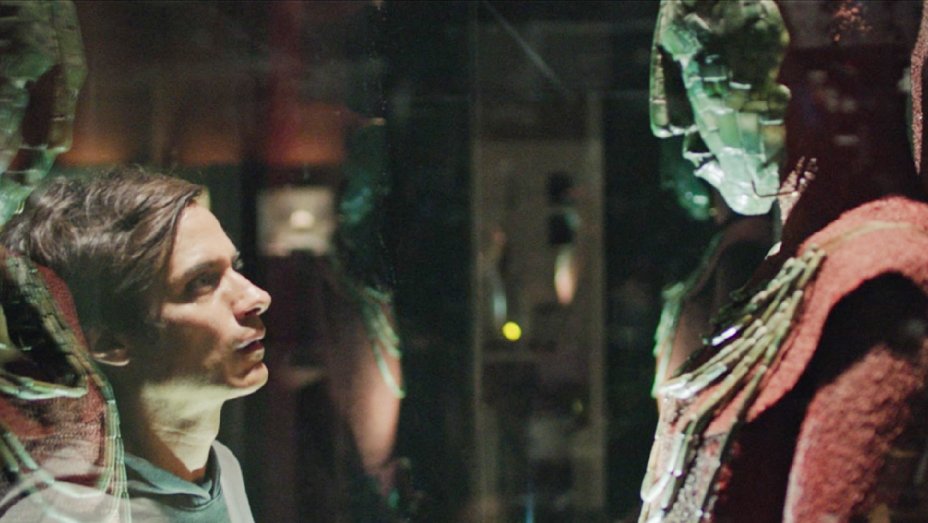
Notable Snubs: As one of the most acclaimed films of the year (and in the history of the Cannes Film Festival) Burning was expected to make it in. Everybody Knows had the pedigree—two-time category winner Asghar Farhadi as well as Penelope Cruz and Javier Bardem—but not the buzz. Also, Border and The Guilty.
Worst Snub: This category has its problems, but at least it highlights films that would otherwise never be heard of stateside. Roma was Mexico’s official entry, but considering that it was funded by Netflix and made by a filmmaker who’s spent the last decade working in Hollywood, it’s not quite a product of the Mexican film industry. It could do without its nom here.
The same can’t be said for Museo, a film produced and filmed in Mexico. Telling the true story of an audacious museum heist and its aftermath, Museo debuted at the Berlin Film Festival, had a limited release in the states, and went unnoticed outside of the arthouse circuit. It’s the kind of film that would benefit from the attention a nom in this category can generate. Nomination politics aside, it’s also an assured piece of filmmaking that manages to invoke the tropes of heist films while also subverting them to say something about culture, heritage, and consequence.
ANIMATED
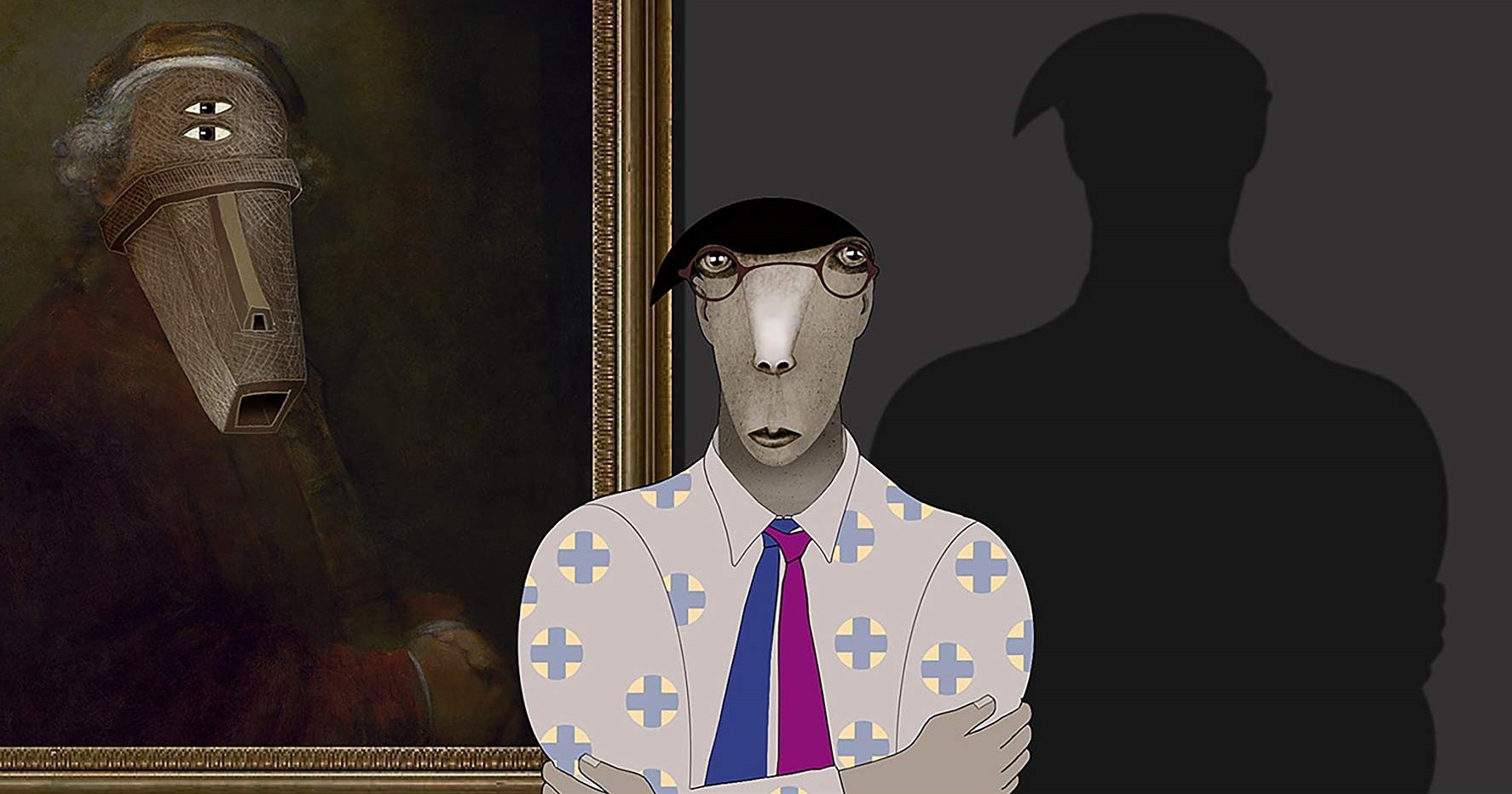
Notable Snubs: The Grinch? Early Man? This category was sewn up early.
Worst Snub: Have a Nice Day would’ve been a nice addition, but Ruben Brandt, Collector is a reminder of how animated films can be more than family-friendly fare stocked with talking animals and superheroes. Ruben Brandt, Collector is a feast for the eyes, the kind of film that not only makes the most of its medium but would probably be unthinkable without it.
Telling the story of a psychotherapist driven to high-stakes art thievery to stave off his nightmares, Ruben Brandt, Collector manages to be daring and strange without ever seeming forced. It’s the kind of animated film that Hollywood simply doesn’t make—experimental, idiosyncratic, and definitively for adults—and it deserved to be honoured as one of the best of the medium.
ORIGINAL SCREENPLAY
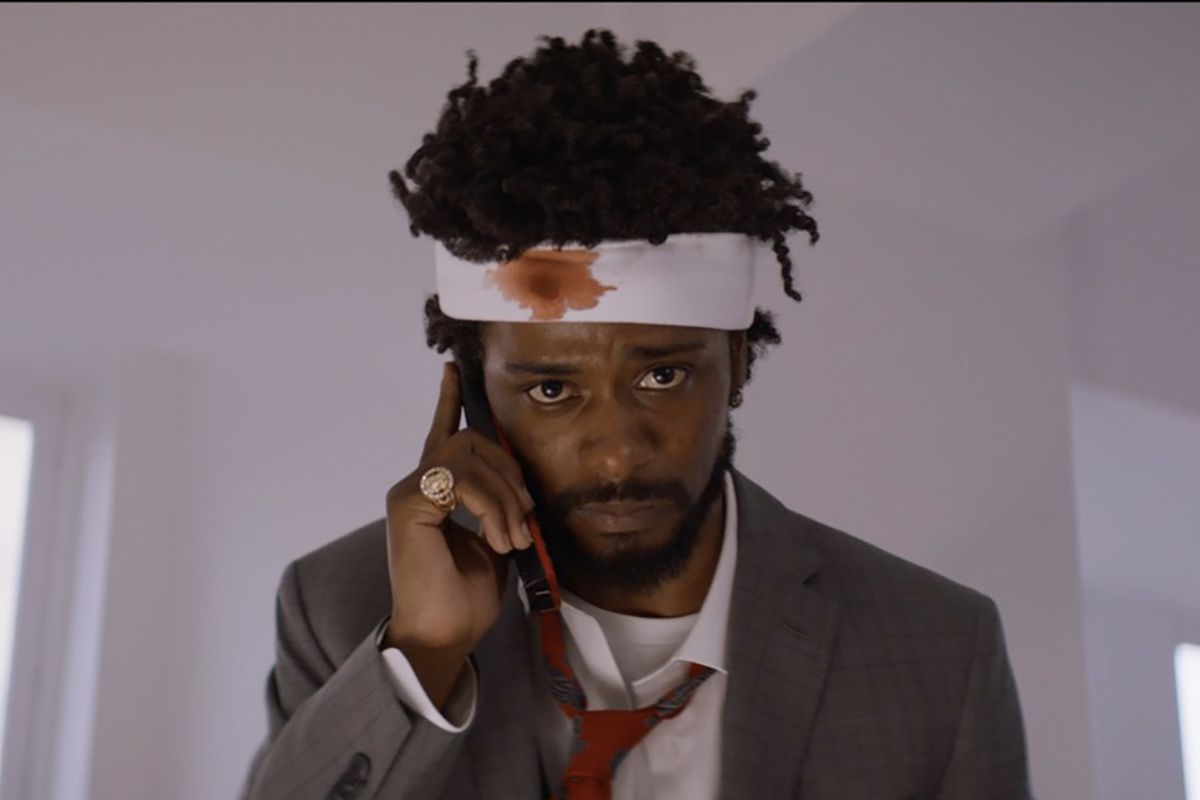
Notable Snubs: Eighth Grade and Cold War came quite close, and there was talk about Private Life or A Quiet Place.
Worst Snub: Without question, Sorry to Bother You was the most original screenplay of the year. It’s a film so defiantly different from anything else out there that it’s omission will probably go down as the worst offence in this category since Being John Malkovich lost to American Beauty. This is a category that frequently conflates original with quirky or edgy. Sorry to Bother You has been described as both, but it’s never cloying or gratuitous as those terms suggest.
Boots Riley’s writing and plotting displays a maturity and confidence that makes every beat feel earned. Some first-time filmmakers take a heavy-handed approach or overly stylize their work, but Riley lets his ideas flow with humour and emotion, and he isn’t above giving happy endings where they are due. If you’re reading this without having seen the film, don’t worry. That previous sentence wasn’t a spoiler.
ADAPTED SCREENPLAY
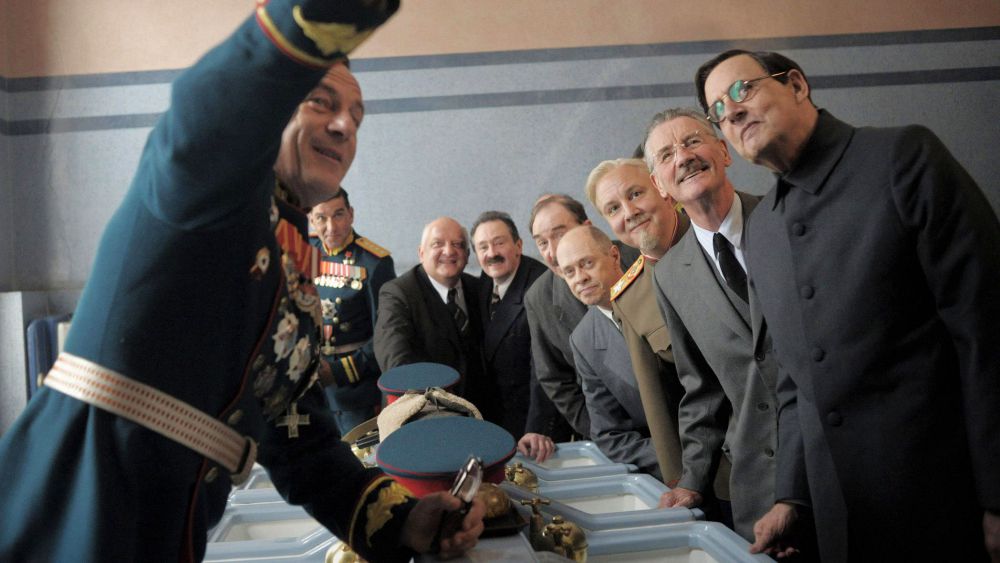
Notable Snubs: Again, Black Panther and First Man were expected to perform here, but Leave No Trace was a serious hopeful, becoming the first film in a while to take the USC Scripter without being nominated for an Oscar.
Worst Snub: This was one of the most competitive snub categories, with Border, Zama and Paddington 2 in it right until the end. But more than anywhere else, this is a prime place to recognize The Death of Stalin, Armando Iannucci’s adaption of the French comic book (sorry, graphic novel) by Fabien Nury and Thierry Robin.
Adapted by Iannucci, David Schneider, and Ian Martin, The Death of Stalin makes some strange choices—no Russian accents, casting actors from the UK and the US—that ultimately work to its favour. On paper, it’s hard to see the project working, but Iannucci and co. use humour to capture the façade and terror of totalitarian governance. It would make a great triple bill with the similarly-themed Vice and The Favourite. It’s too bad it didn’t get the same recognition.
DIRECTOR
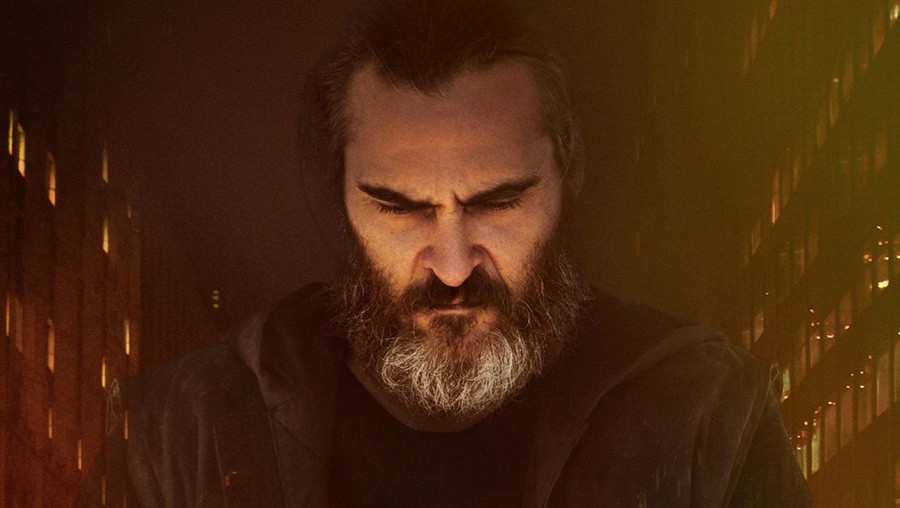
Notable Snubs: Bradley Cooper was considered a lock here, and, strangely enough for anyone who was a fan of gross-out humour in the 90s, so was Peter Farrelly. Ryan Coogler also had a chance on the Black Panther wave.
Worst Snub: Lucretia Martel returned to filmmaking after a long hiatus with Zama which, despite being an also-ran for so many categories on this list, is a masterpiece. Still, the worst snub is Lynne Ramsay for You Were Never Here. Ramsay is one of the best filmmakers alive, and the fact that she’s never been nominated is an injustice. Her work on You Were Never Really Here is singular, unique and undeniably the vision of a master.
A lot of directors got kudos this year for noble experiments that didn’t totally work (Adam McKay’s Vice, for example) or were problematic (hello Green Book), but Ramsay delivered yet another incredibly assured work that is both austere, artistic, and surgically effective.
In a time when everyone is talking about inclusion and gender-parity, and when critics are constantly moaning about the lack of female nominees, one wonders why Ramsay wasn’t being talked about as overdue or deserving.
PICTURE

Notable Snubs: Early on, predictors thought this would be a rematch of 2016’s awards circuit, with La La Land’s Damien Chazelle bringing First Man to Barry Jenkin’s Moonlight-follow-up If Beale Street Could Talk. In the end, neither made it.
Worst Snub: A lot has been written here about films like Annihilation, Border, Hereditary, The Death of Stalin, Paddington 2, Sorry to Bother You, You Were Never Really Here, and Zama, which together would be a stronger best picture line-up better than the actual one. But none of these films take the hypothetical highest snub honour. That title goes to Hirokazu Kore-eda’s Shoplifters.
There’s a strong case to be made that Alfonso Cuarón is the world’s best director when it comes to marrying technical expertise with solid storytelling. There’s an equally strong case to be made that Kore-eda is the world’s best director when it comes to exploring human relationships and how we negotiate them in society. Kore-eda won the Palme d’Or. Cuarón won the Golden Lion and almost everything else.
Kore-eda deserved to be competing for awards with him. He turned in what might be the best film of his career (though it’s a tough call), which is also the culmination of the themes and stylistic devices with which he’s made his name over the past decades.
Shoplifters is a brilliant film. It’s astutely observed, expertly made, narratively compelling, and of a voice that is unmistakably Kore-eda’s. While it was nominated in the foreign film category, it should’ve been punching higher. This year the awards circuit actually seemed to be letting foreign cinema out of its ghetto. Roma and Cold War got major nominations while Border and Never Look Away snuck into the craft categories.
As Kore-eda readies a new, more international stage of his career, it must be said that the Academy missed an opportunity to properly recognize one of the true best pictures of the year.